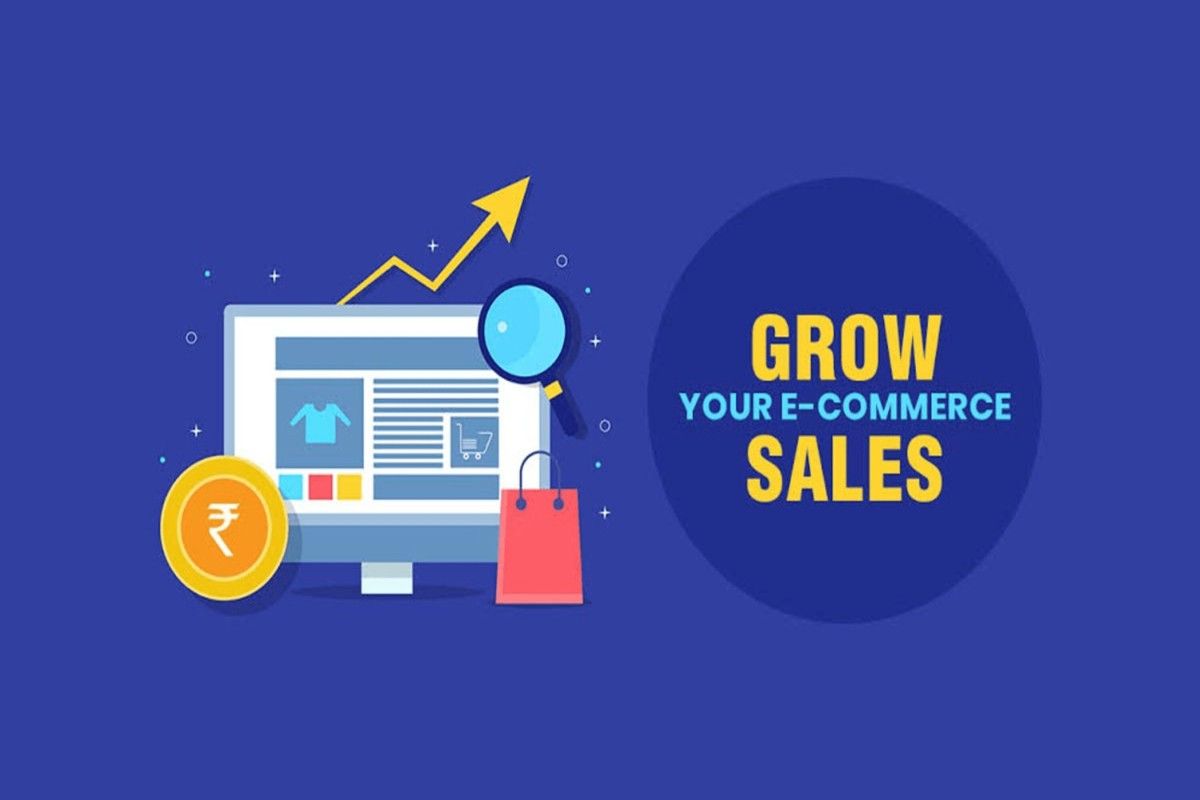
How to develop an e-Commerce app to grow your business’s online revenue?
With the help of digitization, the entire brick-and-mortar commerce arena was transformed into e-Commerce, where individuals began buying online with the convenience given by their gadgets, all from the comfort…
